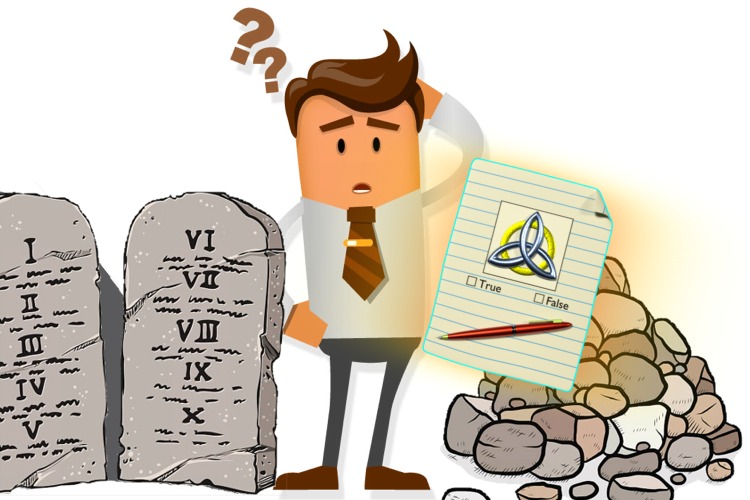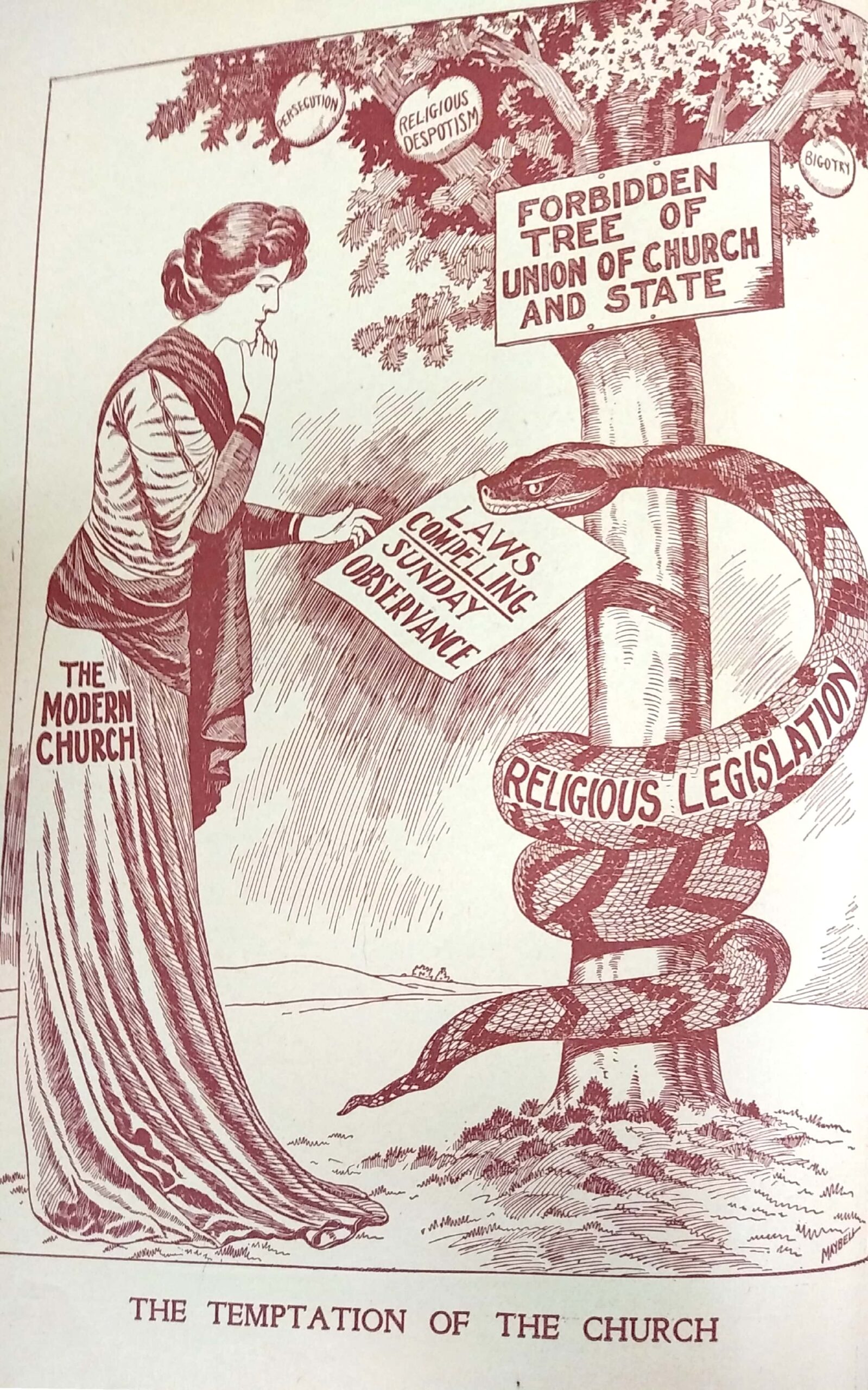Are Trinitarian Sabbathkeepers ‘commandment-keepers?’ – A Pioneer Timeline

It is incontrovertible that early Adventists were non-Trinitarian; what did they have to say about Trinitarian Sabbath-keepers? Brethren or Ba’al worshippers?
Articles, scans, and other resources from early Adventism

It is incontrovertible that early Adventists were non-Trinitarian; what did they have to say about Trinitarian Sabbath-keepers? Brethren or Ba’al worshippers?

“All that the true child of God needs is instruction, not prohibition. . . The only apostolic prohibitions were concerning things which outwardly might seem to be purely ceremonial, but which really had a moral bearing.”

Will you please explain the following scriptures: Eze. 47:1, 12; 48:31? Please explain 1 Kings 22:23, concerning the “lying spirit.”

“But God could, and we believe would, have worked out his purposes through other channels and by other means, ages ago, if his chosen people had fully carried out his will. We incline to think that one of these other channels is described in Ezekiel 38 and 39.”

“When this is done, then we shall have all of the substantial features of Ezekiel’s prophecy fulfilled, only in another manner. . . This is carrying out substantially the same purpose. . . only this is a dispensation later, and accomplished in a different manner.”

“Then we have there simply a description of the way in which God would have punished the enemies of his people, had the latter done what he proposed to them. As they did not thus do, those chapters never have been, and never are to be, fulfilled. But God’s purposes are not to be thwarted or marred in the least degree on this account. He changes his plan of action somewhat to suit the exigencies of the case…”

Will Sabbath-keepers of other countries be affected by the decree of the image which is formed in this country? Does Eze. 47:9,10 refer to the new-earth state? What is the meaning of 1 Cor. 15:29, and 1 Pet. 3:19, 20?

An excerpt reporting Sunday law persecution taking place c. 1896
“The prosecuting attorney, Mr. J.H. Lewis, is reported as saying that he now proposed to drive Adventists into the Mississippi River.”

“We believe in true civil and religious liberty. . . We are opposed, therefore, to a union of church and state. By this we mean not simply the union of some particular church with some particular state, but a union of any religion, or church, or any combination of churches, with any state or form of civil government whatever.”

Early Adventists had principled reasons for protesting the Sunday Law beyond simply “Mrs. White said.” These writings are reproduced to educate and inspire modern readers regarding the same principles, that they may be prepared to take the same stand today on all such religious legislation.